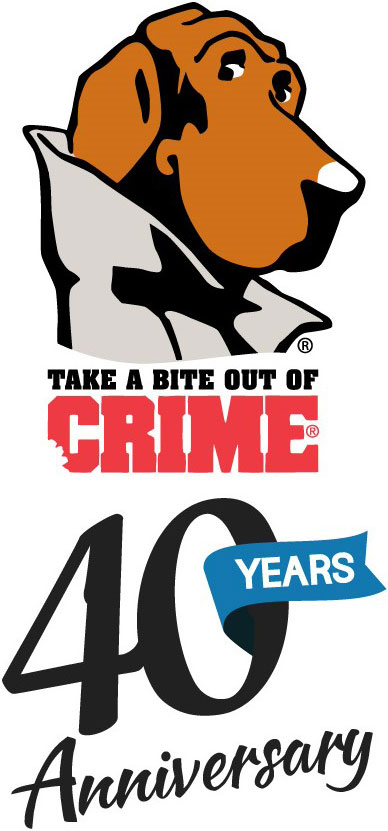Learning strategies for dealing with bullying behavior
Audience
Grades 1-2
Objectives
- To recognize bullying behavior
- To learn strategies for dealing with bullying behavior
Duration
30 minutes
Materials
Index cards (one for every two children), chalkboard or dry-erase board, writing instrument, tape recorder, children’s music (if available)
Preparation
Mark one index card with a “B” for bully.
Activity
- As a group, define what a bully is and brainstorm how a bully acts. Record the ideas, and be sure to include these bullying behaviors: teasing, name calling, threatening, taking property from someone, hurting someone physically or emotionally.
- Allow a few minutes for the children to share their own experiences with bullies or tell about witnessing someone else being bullied.
- Discuss these questions as a group: How does it feel to be bullied or picked on? Why do you think bullies act the way they do?
- Help the children understand that bullies often have low self-esteem, feel angry or lonely, want power, are not sure how to make friends, or may just want to make others feel rotten too. Ask the group,”If a bully picked on you, what would you do?”
- Record strategies and be sure to emphasize nonviolent strategies for dealing with bullies, such as walking away, talking it out, sticking with friends, telling an adult.
- Explain that the children are going to play a game to learn about how it feels to be bullied and some ways to deal with bullies. Divide the children into two groups and have each group form a circle, one inside the other. Pass out index cards to the children in one group (all cards should be blank except for the one marked with the “B”). Each child should look at his or her card but not show it to anyone. Whoever has the “B” card will be the bully for this round. (See instructions for “Bullying Behavior” below.)
- Have the two groups (facing each other) practice moving–one clockwise and the other counterclockwise. Explain that you are going to play some music, and when the music stops, the children should stop moving and face their partner in the opposite circle.
Instructions for “Bullying Behavior”
- In the first round, all children with a blank card should say one nice thing about what their partner is wearing, but the bully should criticize his or her partner.
- In the second round, all the children should shake hands with or pat their partners on the shoulder, but the bully should lightly push his or her partner.
- In the third round, all the children should tell about something fun they would like to do with their partners, but the bully should make a threat about something mean he or she would like to do.
- Discuss these questions after each round: How was the victim bullied? How do you think the victim felt? What strategy could the victim use to deal with the bully?
Follow-up Activity
Have children come up with their own bullying scenarios to role play, and practice one of the strategies discussed.


